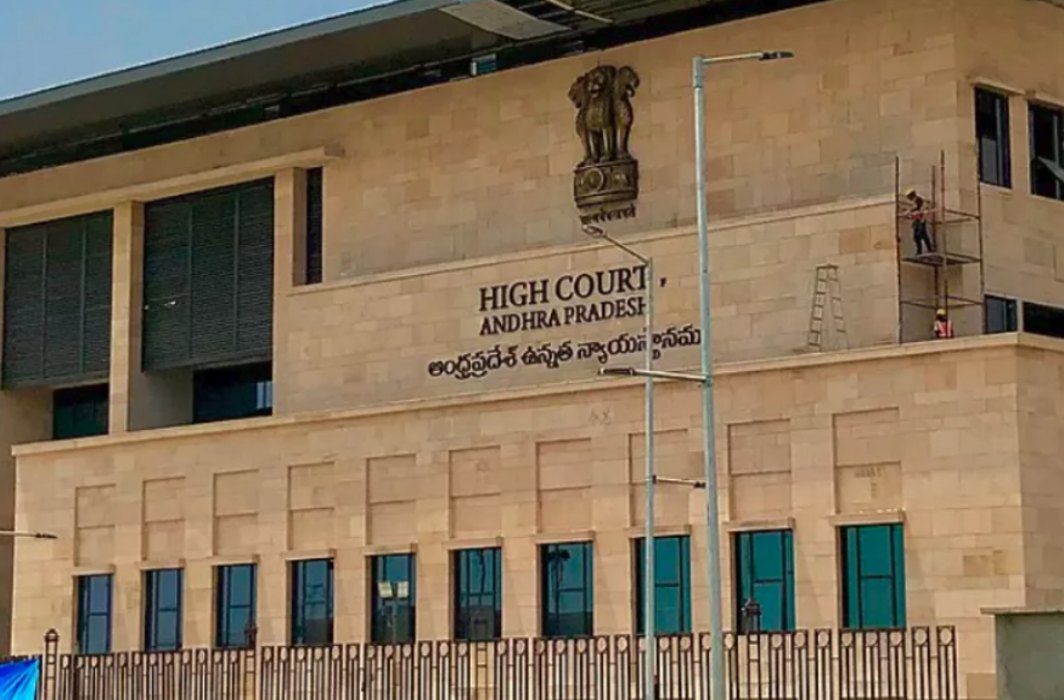The Andhra Pradesh High Court has issued an order on 26th July, 2001 stating that the Court recognizes the impact of prawn cultivation has on environment which violates right of life under Art. 21 and any Executive instructions and/or statutory orders issued prohibiting conversion of agricultural land for another purpose namely for irrigation or for some other purpose by state/board of revenue, cannot be said to be bad in law. It was stated in the case of Madireddy Padma Rambabu and Ors. vs District Forest Officer (2002 (1) ALD 728). This case presided over by Honorable Mr. Justice S. B. Sinha and Honorable Mr. Justice V. Rao.
FACTS OF THE CASE
The case consists of two batches of petitions. The first group consists of petitioners are the people claiming to be the owners of the agricultural where they are doing prawn cultivation and filed petition against the activities of the revenue and forest officers action interfering with their business by destroying of tanks erected for the same purpose. They are contending that actions of the officers are illegal.
The second group is the small agriculturalists who cannot carry their activities because they are surrounded by the prawn and shrimp culture which in turn made their land unfit for agriculture and also few PIL have also been filed stating such activities are causing the pollution. The following questions were raised before the Court
ISSUES
(1) Whether there exists any law prohibiting conversion of the agricultural lands to pisci tanks requiring obtaining of permission from the competent authorities?
(2) Whether the decision of the Apex Court in S. Jagannath v. Union of India, ( 1996 Indlaw SC 1079 ) (supra) would apply to the cases where agriculturists carry on prawn culture, shrimp culture or other types of aquaculture in their own agricultural lands ?
(3) Whether, in any event, the laws controlling regulation of environmental pollution shall be applicable? And
(4) Whether an adjacent owner of agricultural land can maintain a writ petition on the ground that his land had become saline and unfit for agriculture on account of extensive use of his neighbouring land for prawn culture ?
JUDGMENT
In Re to question 1 the Court held that the any direction by Revenue officers under their statutory power will have the force of law and any other direction mere direction not law. The conversion of agricultural land for any other purpose requires permission which was governed by the Andhra Pradesh (Andhra Area) Land Revenue Act. The revenue board acted under their powers provided under the said Act. The petitioner 1 argued that the land is their private property, but by constructing the tank they are excessively using ground water over which Government has domain and the excessive use of chemicals is affecting potable water. The action taken by said officers is not illegal as they are violating other person right by breaching statutory conditions.
In Re question 2 and 3, the Court held that the case of S. Jagannath v. Union of India will be applicable not only prawn cultivation in coastal regulation zone (CRZ) in saline water but also fresh waters. The Apex Court stated that the prawn cultivation in CRZ is prohibited because it disrupts the ecology. So, the cultivation of prawn along the coastal line is prohibited. The alleged lands in present case fall under CRZ. It also not disputed that for the purpose of carrying out activities they dug bores and extensively using the ground water. It is also proven they are using excess chemicals rendering the neighboring lands unfit for agriculture and causing pollution. So, they are violating environmental laws. It settled the Court can recourse to polluter pay or precautionary principle.
In Re Question 4 it was held that it may be true when the damage is caused to individual property, they should recourse to private law remedy. But in this case the 2nd petitioners did not approach Court for private remedy but approached Court under as their fundamental right Under Art 21 is being violated. It is maintained even against private person. It also held that
The term “authority” used in Article 226, in the context, must receive a liberal meaning unlike the term in Art. 12. Art. 12 is relevant only for the purpose of enforcement of fundamental right u/art. 32. Art. 226 confers power on the High Court to issue writs for enforcement of the fundamental rights as well as non-fundamental rights.The words “Any person or authority” used in Art. 226 are, therefore, not to be confined only to statutory authorities and instrumentalities of the State. They may cover any other person or body performing public duty. The form of the body concerned is not very much relevant. What is relevant is the nature of the duty imposed on the body. The duty must be judged in the light of positive obligation owned by the person or authority to the affected party. No matter by what means the duty is imposed. If a positive obligation exists mandamus cannot be denied.”
The PIL are also filed against this matter and when the nature of problem is public in nature then the Court has jurisdiction under Art. 226 to issue appropriate directions or orders. The writ filed by petitioners 2 is maintainable.
For the aforementioned reasons, the petitions by petitioners 1 are dismissed. The petition filed petitioners 2 are allowed upon the direction respondents are not allowed to do prawn cultivation without obtaining prior permission from the competent authority and should comply with directions issued by Apex Court in Jaganath case.
“PRIME LEGAL is a full-service law firm that has won a National Award and has more than 20 years of experience in an array of sectors and practice areas. Prime legal fall into a category of best law firm, best lawyer, best family lawyer, best divorce lawyer, best divorce law firm, best criminal lawyer, best criminal law firm, best consumer lawyer, best civil lawyer.”
JUDGMENT REVIEWED BY ATTILI LEELA NAGA JANAKI RAJITHA.


